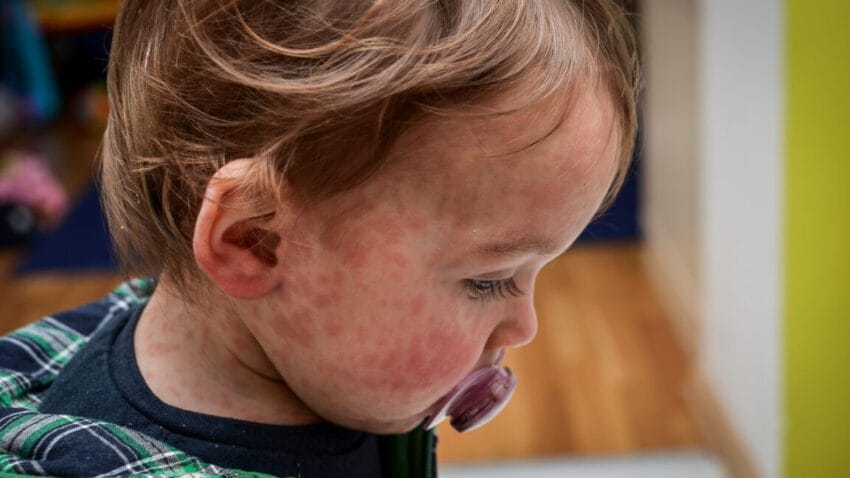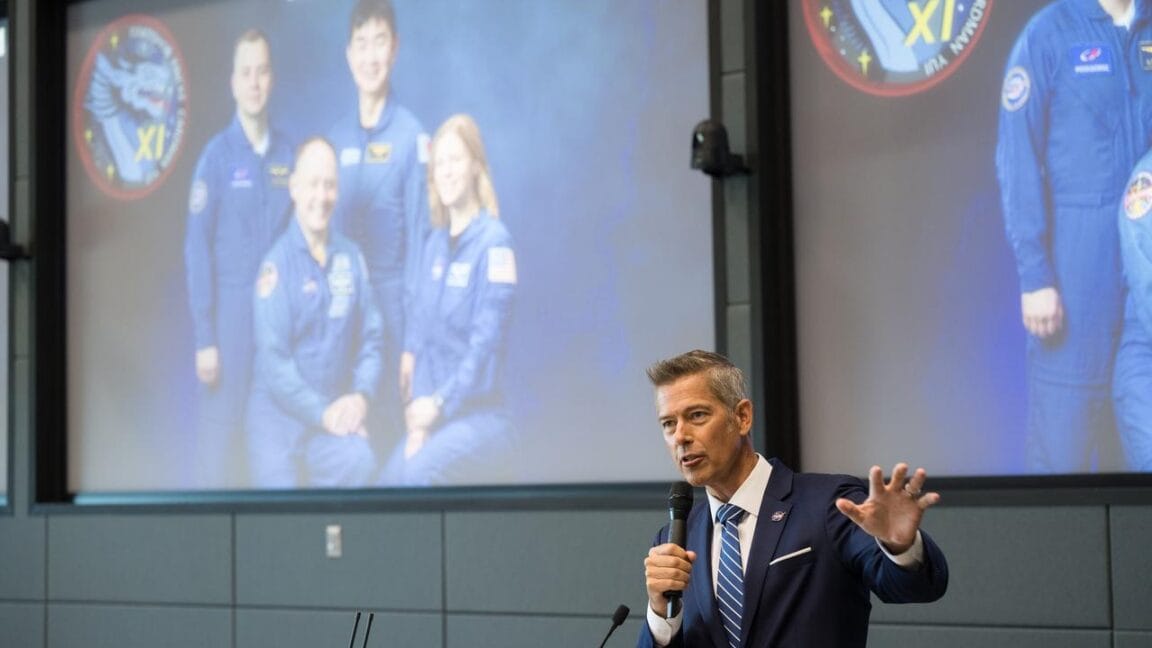
child dies of horrifying measles complication in A child in Los Angeles has died of a measles-related brain disorder stemming from an infection in infancy, the Los Angeles County health department reported Thursday.
child dies of horrifying measles complication in
Understanding the Complication: Subacute Sclerosing Panencephalitis (SSPE)
The tragic death of this child has brought attention to subacute sclerosing panencephalitis (SSPE), a rare but devastating neurological disorder that can occur following a measles infection. SSPE is characterized by progressive neurological decline, leading to severe disability and ultimately death. This condition typically manifests 7 to 10 years after the initial measles infection, making it particularly insidious.
SSPE is caused by the persistent infection of the brain with the measles virus, which can remain dormant for years. Symptoms often begin with behavioral changes, followed by seizures, loss of motor skills, and cognitive decline. Unfortunately, there is no cure for SSPE, and it is invariably fatal. The average life expectancy after diagnosis is only a few years, underscoring the severity of this complication.
The Importance of Vaccination
The Los Angeles County health department’s announcement emphasized that the child had contracted the measles virus before reaching the age eligible for vaccination. The first dose of the measles, mumps, and rubella (MMR) vaccine is typically administered between 12 and 15 months of age, with a second dose recommended between 4 and 6 years. This vaccination schedule is crucial for protecting not only individual children but also the broader community through herd immunity.
Vaccination plays a vital role in preventing outbreaks of measles, a highly contagious viral disease. When a significant portion of the population is vaccinated, it creates a protective barrier that helps shield those who cannot be vaccinated, such as infants and individuals with certain medical conditions. Muntu Davis, a health officer in Los Angeles County, highlighted this point in a statement, saying, “This case is a painful reminder of how dangerous measles can be, especially for our most vulnerable community members.” Davis underscored the collective responsibility of the community to protect those who are unable to receive vaccinations.
The Broader Context of Measles in the United States
Measles was declared eliminated in the United States in 2000, thanks to widespread vaccination efforts. However, in recent years, there has been a resurgence of measles cases, attributed largely to declining vaccination rates. Factors contributing to this decline include vaccine hesitancy, misinformation about vaccine safety, and a growing anti-vaccine movement. The Centers for Disease Control and Prevention (CDC) reported over 1,200 cases of measles in the U.S. in 2019, the highest number since 1992.
The current situation is alarming, as outbreaks can lead to severe complications, including SSPE. The CDC has consistently emphasized the importance of maintaining high vaccination coverage to prevent such outbreaks. The recommended vaccination rate for herd immunity is around 95%, yet many communities are falling short of this target.
Local and National Responses
In response to the recent death in Los Angeles, health officials are likely to ramp up efforts to educate the public about the importance of vaccination. Community outreach programs may be implemented to address vaccine hesitancy and misinformation. Public health campaigns often focus on the safety and efficacy of vaccines, aiming to reassure parents about the benefits of immunization.
Furthermore, local health departments may collaborate with schools and childcare centers to ensure that children are up to date on their vaccinations. These partnerships are essential for creating a culture of health and safety within communities. Schools often serve as a focal point for vaccination efforts, as they can facilitate access to vaccines and provide educational resources to parents.
Implications for Public Health Policy
The death of this child serves as a stark reminder of the potential consequences of declining vaccination rates. Public health officials may advocate for policy changes aimed at increasing vaccination coverage. This could include measures such as mandatory vaccination laws for school entry, which have been enacted in several states to combat rising vaccine hesitancy.
Additionally, policymakers may consider implementing strategies to improve access to vaccines, particularly in underserved communities. Barriers to vaccination can include lack of transportation, financial constraints, and limited availability of healthcare providers. Addressing these barriers is crucial for ensuring that all children have the opportunity to receive life-saving vaccinations.
Community Reactions
The tragic news has elicited a range of reactions from the community. Many parents and caregivers are expressing their grief and concern over the loss of a young life to a preventable disease. Social media platforms have become a space for discussions about the importance of vaccinations, with many users sharing personal stories about their own experiences with measles and the MMR vaccine.
Healthcare professionals are also weighing in, emphasizing the need for continued education about the dangers of measles and the significance of vaccination. Pediatricians and family doctors are likely to increase discussions about vaccines during routine check-ups, reinforcing the message that vaccination is a crucial aspect of child health.
Looking Ahead: The Future of Vaccination Efforts
The death of this child underscores the urgent need for renewed focus on vaccination efforts, particularly in light of the ongoing challenges posed by misinformation and vaccine hesitancy. Public health officials, healthcare providers, and community leaders must work collaboratively to address these issues and ensure that all children are protected against preventable diseases.
As the nation grapples with the implications of this tragic event, it is essential to remember that vaccination is not just a personal choice but a collective responsibility. Protecting the most vulnerable members of society, including infants and those unable to be vaccinated for medical reasons, is paramount. The community must come together to foster an environment where vaccination is prioritized and misinformation is actively countered.
In conclusion, the death of a child from a measles-related complication serves as a sobering reminder of the importance of vaccination. It highlights the need for continued public health efforts to educate communities about the dangers of measles and the critical role that vaccines play in preventing outbreaks. As we move forward, it is imperative that we remain vigilant in our commitment to protecting public health through vaccination.
Source: Original report
Was this helpful?
Last Modified: September 12, 2025 at 6:38 pm
0 views















